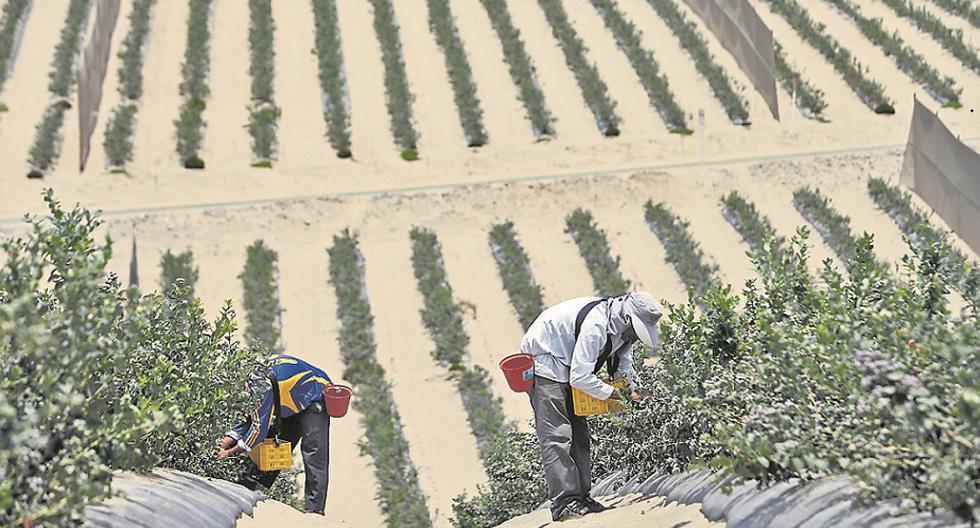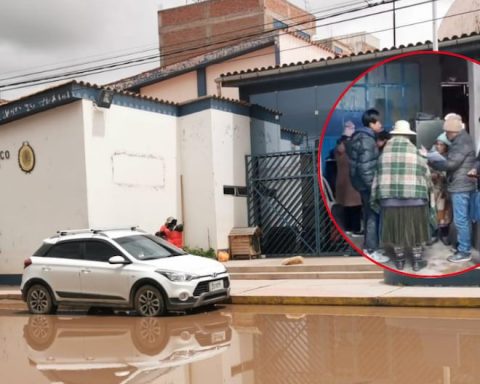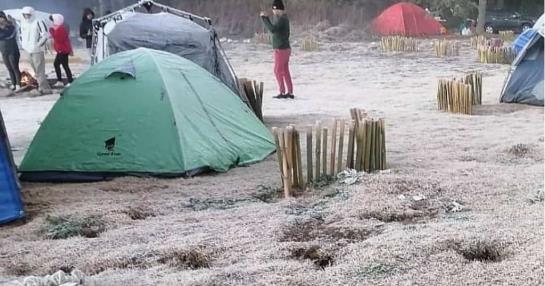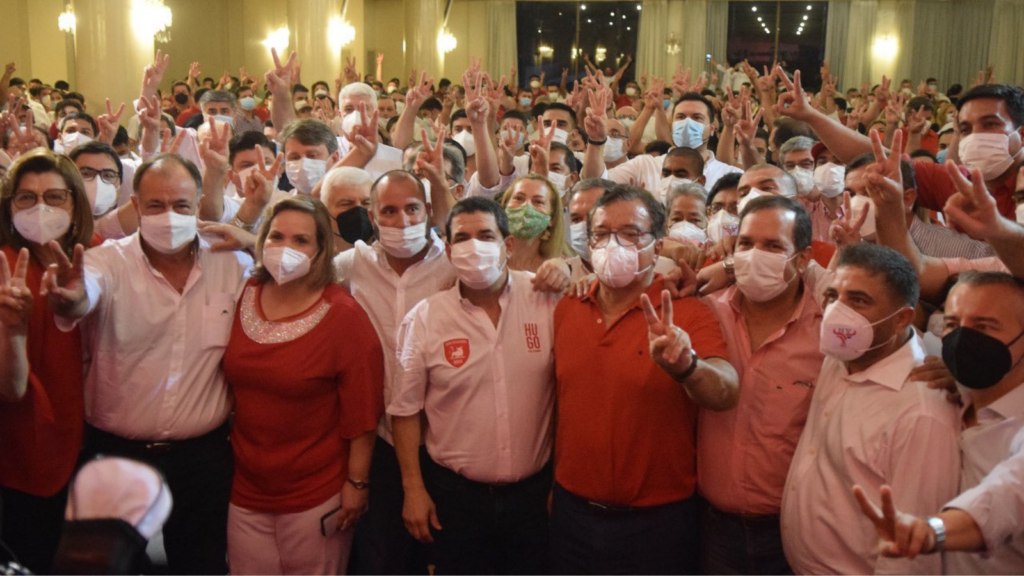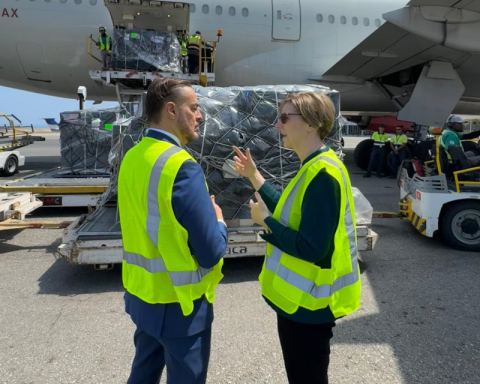The availability of water is a limitation in many areas of the country for development agrarian. However, we have three projects of irrigation important paralyzed that add up to more than 100,000 hectares of the 250,000 that are exploited by the agroindustry, says Augusto Baertl, chairman of the board of directors of Agrícola Chapi.
The Chavimochic III, Ica and Majes Siguas II projects are stopped for different reasons that converge in political decisions that remain unsolved.
According to Baertl, finishing the Chavimochic dam means allowing the irrigation of 35,000 hectares, generating an annual agricultural export production of up to US$1.4 billion and 140,000 permanent direct jobs.
On the other hand, with the Agua Grande project (in Ica), the continuity of the investment would be ensured with figures similar to those of Chavimochic, as well as the irrigation of different basins in the Huancavelica and Huaytará areas and would help improve the agriculture of area.
LOOK: Government published final report on mass use of Camisea gas
Fernando Cillóniz, an agrarian businessman, agrees that the stoppage is the responsibility of the authorities of both the regional government and the central government.
“All these projects come from more than ten years ago, when Peru inspired a certain confidence, but for several years now the attention of Proinversión, and the Ministries of Economy and Finance, Agriculture, and the Environment, is very bad,” he said.
Cillóniz says that the concession contracts already signed have international arbitration clauses and it is evident that the concessionaires see it as more feasible to recover their money through litigation than to finish the projects.
IMPACTS
For Cillóniz, the greatest impact is the jobs at Majes Siguas. In addition, the nearly US$2 billion that would have to be invested on irrigated land in plantations of avocados, blueberries, table grapes, asparagus, which requires an investment of some US$60 thousand per hectare.
MEASURES
For Baertl, there is a lack of commitment from the central government to be able to give it the push that is required.
“In Arequipa the regional government did not want to sign and in Ica its governor had a fight with the regional governor of Huancavelica. There is no leadership in the country that wants to take this forward,” he said.
For this reason, Cillóniz assures that a complete change of attitude is needed since the legislation is good for foreign investment but face to face and due to corruption, the concessionaires conclude that although the regulatory framework is good, the relationship with officials is different.
DATA
- Augusto Baertl points out that we have the capacity to increase the volume of agro-export production by around 40%.
- Likewise, the Majes Siguas II project in the Arequipa region would involve around 1% of the region’s GDP, he added.
